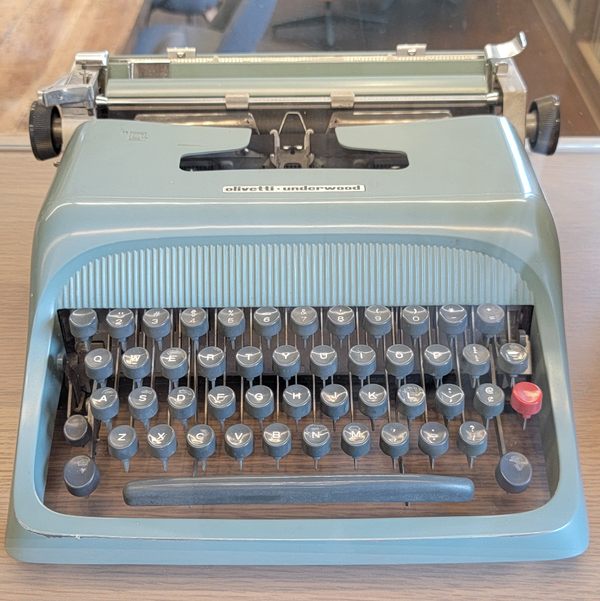Philip Roth is considered one of the preeminent American writers of the second half of the 20th-century. A shortlist of his numerous honors include a Pulitzer Prize, two National Book Awards and three PEN/Faulkner Awards—the only author to garner three—as well as international and lifetime achievement awards and a National Humanities Medal placed around his neck by President Barack Obama. Less formally, Roth received acclaim from such luminaries as literary critic Harold Bloom and writer John Updike, his contemporary.
Many of Roth’s novels and short stories (published 1959-2010) are semi-autobiographical and his birthplace of Newark, New Jersey, figures prominently in several works. “Sitting there in the park, I felt a deep knowledge of Newark, an attachment so rooted that it could not help but branch out into affection,” he wrote in his first collection of stories, Goodbye Columbus.
Roth, who died in 2018, left his entire personal library of approximately 7,000 books to the Newark Public Library. He called the institution, “My first other home,” asking rhetorically, “where else should my personal library be located?”
The Philip Roth Personal Library, housed on the second floor of the library’s main branch downtown, consists of two spaces, a public gallery and a reading room for researchers and scholars. The latter is accessible by appointment only and use of the material is subject to certain restrictions. Roth’s collection contains fiction, history, biography, poetry, drama, cultural and literary criticism, sociology and psychology.
A rough calculation finds that Roth acquired on average almost two books a week from 1950 to 2018. Many of the books have handwritten notes and underlinings. Based on its research, the Newark Public Library believes only a small number of personal libraries owned by major American writers have been preserved in their entirety.
The public gallery is arranged as display cases that focus on Roth’s relationship to topics immediate and far-ranging; Newark, family, other writers, the Newark Public Library, summer camp, the world at large, as an honoree, as a teacher, baseball.
Each vitrine contains introductory text, artifacts and memorabilia with descriptions, and excerpts from Roth’s work that is related to the topic. (A lifelong Yankees fan, it is Roth’s Mets cap that is preserved for posterity.) There are also discrete artifacts such as the author’s standing desk, one of the three typewriters in the library’s possession, and select books with marginalia and inscriptions. There is unrestricted access to the gallery during regular library hours.
The public gallery is a curated survey of Philip Roth while the reading room offers an opportunity for self-defined exploration. In both cases, the Philip Roth Personal Library provides a unique perspective into the award-winning author’s interests and thinking.

